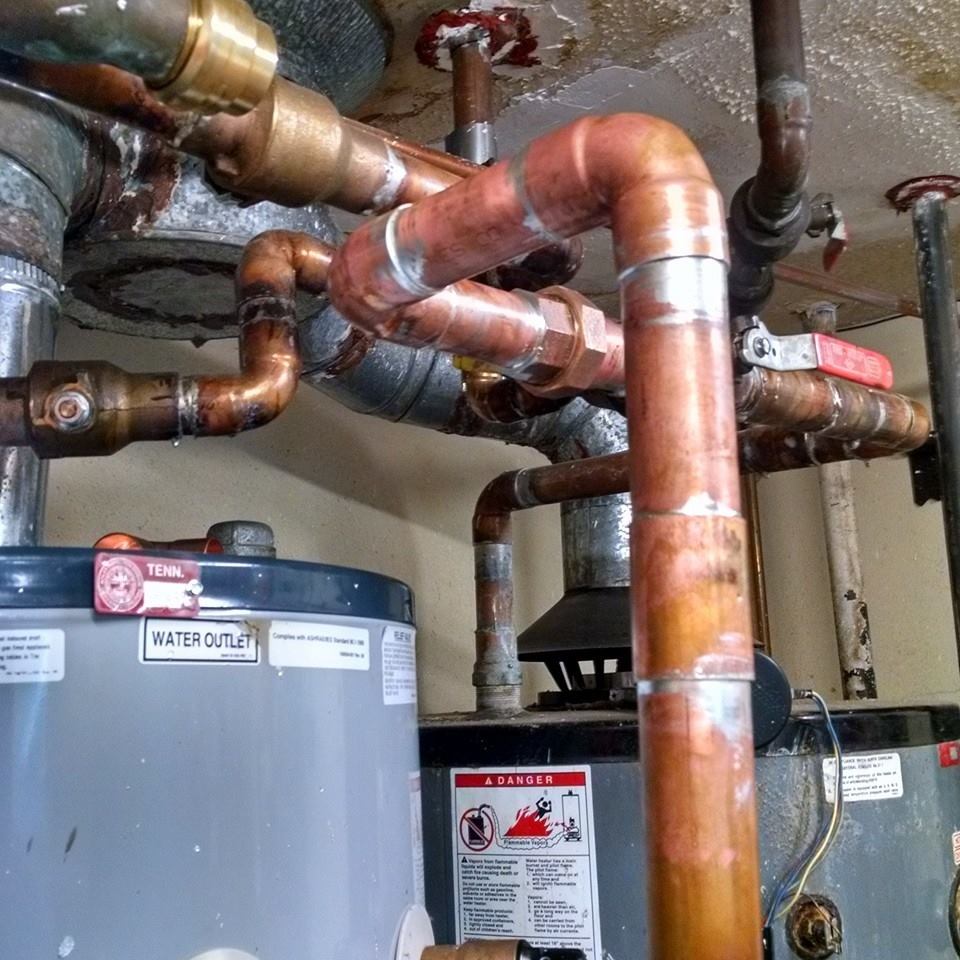
10 Essential Plumbing Tips for New Homeowners Oct 05, 2025
First and foremost, it is crucial to know your main water shut-off valve. In case of an emergency or significant leak, turning off the water supply can prevent extensive damage. Familiarize yourself with its location and educate your family members as well.
Next, be proactive in preventing clogs. Clogs are common issues that can cause significant headaches. Avoid flushing anything other than toilet paper to keep your toilet in excellent condition. In sinks and showers, use drain guards to catch hair and larger debris, preventing these from creating blockages.
Regular inspections of your plumbing system are essential. Look out for signs of leaks, rust, or mold. Catching these issues early can prevent them from escalating into costly repairs. Periodically check the water pressure, as well. Low pressure may indicate a hidden leak, while too high of pressure can strain your system.
It's also important to protect your pipes against extreme temperatures. During the colder months, pipes can freeze and burst. Insulate exposed pipes, especially those in unheated parts of your home, to keep them from freezing. Additionally, during extremely hot weather, keep an eye on the condition of your hoses and outdoor systems.
Understanding how to clean and maintain your garbage disposal can prolong its lifespan and improve efficiency. Always run cold water while using the disposal and avoid disposing of fibrous foods like celery or potato skins. Occasionally, clean it with baking soda and vinegar to maintain freshness and function.
Updating your plumbing fixtures can enhance both the appearance and efficiency of your home. Consider replacing older fixtures with modern, water-saving models. Not only will this improve aesthetics, but it can also lead to significant savings on water bills.
If you experience a minor plumbing issue, having a basic toolkit on hand can be invaluable. Equip your toolbox with essential items like a plunger, pipe wrench, and plumber’s tape. Knowing how to tackle small issues, such as a clogged drain or leaky faucet, can save you from unnecessary repair calls.
Homeowners should also educate themselves on their water heater unit. Regularly setting the thermostat to the manufacturer’s recommended temperature, usually around 120 degrees Fahrenheit, can prevent scalding and save energy. Additionally, draining your water heater annually to remove sediment can improve efficiency and extend its lifespan.
In newly-built homes, be wary of construction debris that might have been left in the plumbing system. It's advisable to run water through all sinks and drains to clear such obstructions.
Lastly, when in doubt, call a professional. There are times when plumbing issues transcend basic DIY fixes. Goss Plumbing & Drain Co. LLC is always ready to step in with expert advice and interventions.
Taking care of your plumbing ensures that your home remains a safe, comfortable haven. By following these tips, new homeowners can navigate plumbing tasks with confidence, protecting both their property and investment for years to come.
/filters:no_upscale()/media/5ace2215-e474-4ea6-9c77-10b6dbe1b78a.jpeg)
/filters:no_upscale()/filters:format(webp)/media/3ba9e334-e63f-4edb-b3af-23c9b31bdbea.jpeg)